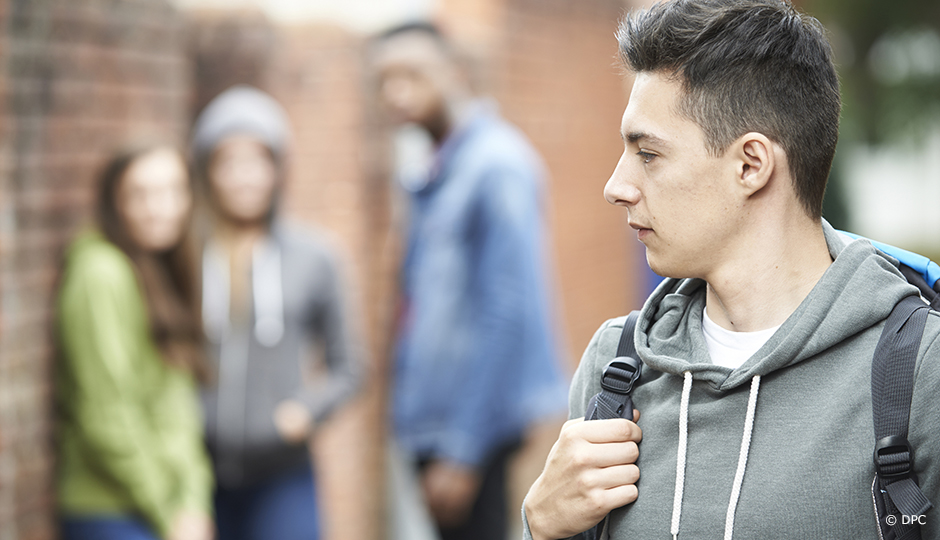Peer victimization in school has a significant negative impact on the young victims, often leading to symptoms of depression.
Speaking to an adult does not appear to help.
Melanie Dirks, a psychology researcher at McGill University, conducted a study involving 698 students recruited in Grade 7 and followed through Grades 8 and 9. The study’s objective was to observe youth responses to peer aggression and the effect of these responses on victimization levels over time. The researcher also sought to determine whether ineffective responses to bullying could explain the well-documented link between the aggravation of symptoms of depression and an increase in peer victimization.
This study generated an impressive quantity of data that provide interesting lines of thought. For example, some bullying victims show self-confidence and self-assurance. They tell the aggressor to stop or ask for an explanation of his/her actions, which can cause the provocation to decrease or stop.
However, according to the data collected among the Grade 7 students, when this response is used by a youth who is seen as aggressive, it is associated with high victimization.
Moreover, speaking to an adult does not appear to help. The researcher observed that, for Grade 7 students, seeking help from an adult was associated with higher levels of victimization.
Determining the best way to respond to peer aggression would greatly contribute to the development of more effective intervention models.




